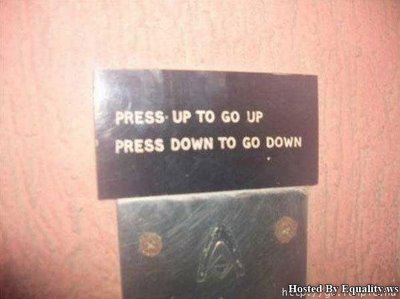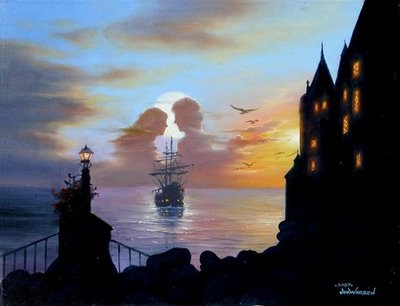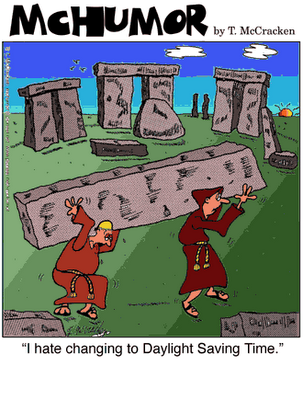The Heard National Bank Of Jacksonville
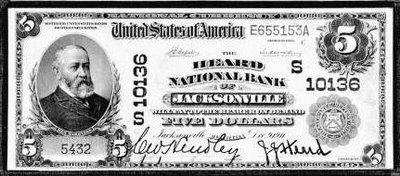
No matter how carefully I research the historical pieces I write, someone always pops up who knows much more about the subject than I do.
Over the years this has happened again and again no matter how thoroughly I research or whether I write about cars, boats, trains—or banks.
Case in point:
For a business magazine back in 1987 I wrote a history of banking during Jacksonville’s early years. Later I modified the article to use as a chapter in my book Crackers & Carpetbaggers. (An online copy of the article is at www.cowart.info ; the book is available at www.bluefiswhbooks.info )
Just before Thanksgiving Mr. Reed Dearing, a retired banker from Macclenny, sent me an e-mail about the article; he asked how I could have missed mentioning a famous landmark like the Heard National Bank in my book.
I checked and sure enough I’d missed mentioning the Heard Bank at all. In fact I’d forgotten that I’d ever even heard of the Heard.
I rummaged through my files and discovered that the only thing I had on the Heard National Bank was this photo of the bank building’s columns taken in 1987 after what had once been Jacksonville’s tallest building had been reduced to a parking lot, but the demolition crew allowed the bank’s columns to remain in place for a time:
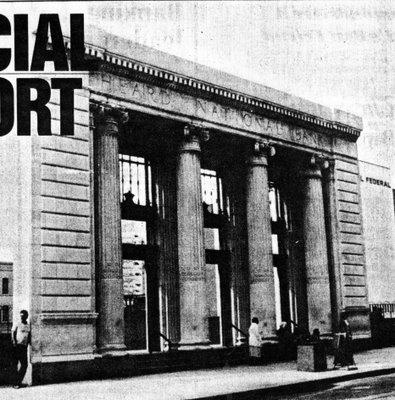
Since I didn’t know much else, I asked Mr. Dearing to fill me in on that bank; here is his reply:
November 26,2008
John,
I just have memories. When I was a youngster, my father had an insurance office in the Graham Building (Heard). When you entered the building from Forsyth Street, there were monster white columns, and as you entered - a large round vault door where all the money was kept. That, I remember.
Dad told me a story that my grandfather told him: The Barnett's had the First National Bank on one corner of Forsyth & Laura Streets, and Captain Heard had the other national bank. Captain Heard was a sail - or steamship captain from somewhere, and his bank was much more aggressive toward the import export trade, which Jax was a center (still is I guess). Barnett was jealous and started a rumor that the Heard National Bank was in trouble during the Panic of 1917. Barnett even told the national bank authorities. They came in and closed the bank; later, after an audit was completed - the Heard National Bank was not insolvent, just the victim of a spiteful competitor.
In the 1980's Barnett Bank bought the defunct Heard (Graham) Building to make way for their huge Tower of Power as we use to call it. In demolishing the building, the contractor had a hell of a time knocking down the columns. Barnett people said they wanted them intact. They finally dismantled the columns and hauled them off to some unknown location. The ghost of Captain Heard had the last word....
That is an oral history. I have inquired to Jax Historical Society but info on the Heard National Bank building is sketchy. There are some old photos on the Internet that show The Heard as one of Jax's tallest buildings!
Reed Dearing
Retired Banker, Macclenny
Between 1911 and 1913 the Heard National Bank—named after J.J. Heard of Arcadia, said to be the wealthiest man in Florida—gave out postcards promoting travelers checks issued by the bank; here’s a copy of one:
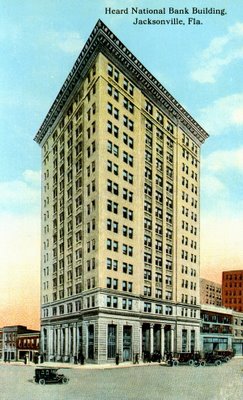
The Heard National Bank opened in 1911. After the bank closed, the building was renamed the Graham Building. It was later named the Florida Title Building. It stood at 110 West Forsyth Street, on the southwest corner of Forsyth and Laura streets. Barnett Bank acquired the property and, in 1982, tore down the Heard Building—saving the columns and façade—to make way for the Barnett Tower (which now belongs to Bank of America).
A history of the Federal Reserve Bank Of Atlanta says, “The Fed moved to straighten out the management of faltering banks in ways that appear informal today. When the Heard National Bank in Florida was found to be in “very deplorable condition” in 1916, J.B. Pike, cashier of the Atlanta Fed, resigned his post temporarily to take over as president of Heard National. He returned to his old job at the Fed 17 months later”.
A 1911 newspaper (uncovered by my friend the late Bill Foley who taught me much about using microfilm for local history research) announced the opening of the Heard Bank Building.The bank occupied the lower floors, while over 300 offices occupied the upper floors of the 15-story building. In those pre-air conditioning days, each office would have “outside light and perfect ventilation,” the newspaper said.
''Designed with the idea of making the building the ideal location for business offices and banking facilities, the new structure will be one of the handsomest in the city… As far as possible, the building will be made fireproof, and wood will be used in the trim and finishing of all offices.''
Not only that, but the newspaper boasted that hot and cold running water would be available in all parts of the building!
''The fact of the building being so high will not interfere in the least with its general appearance… Looking to the rapid transaction of business, it has been arranged to have an up-to-date elevator service. Four passenger cars will front on the main lobby.
''No building erected in the city will have a more magnificent appearance,'' the newspaper said.
For years the building stood as a Jacksonville landmark.
Now, not only does Mr. Dearing know more about the Heard Bank than I did, but so does my wife. I mentioned to Ginny that I wondered what had happened to the magnificent columns that fronted the bank and she said she knows where they stand today.
So the day after Thanksgiving she drove me down town to the Times-Union Center For The Performing Arts and parked on the side. Because of the surrounding trees I did not see the columns till we were right up on them. Here is a photo:
According to the plaque, in 1997, the Visiting Nurses Association acquired two of the columns and erected them in front of the Performing Arts Center as a memorial to Patricia Austin, the wife of our former Mayor Ed Austin. She died in a tragic automobile accident. She is well and fondly remembered for her Christian character, many charitable endeavors, and her support of the arts.
Here is a photo of Ginny beside one of the columns:
And, here’s a photo she snapped of me beside the other one:
I asked Ginny how she happened to know where these columns were, and she said that although it has nothing to do with her employment now, her having a degree in banking and finance does come in handy at times.
Stepping just a few feet away from the columns, we watched falcons circle the Barnett/BOA tower—the hawks hunt downtown pigeons over Jacksonville Landing where patrons of the outdoor restaurants feed tidbits to the pigeons and the hawks feed on those same pigeons—The tower stands right where the Heard Bank Building once stood. I tried for a photo of the falcons but they were too quick for me to catch in silhouette against the Barnett/BOA tower:
As Ginny drove me home from downtown, she cut through from Riverside Avenue to College Street on Roselle. As we drove we discussed whether the columns we’d just seen were Corinthian, Doric or Ionic—neither of us could remember which kind was which.
I spotted something.
“Stop the car,” I shouted. “Back up about a hundred yards. I see an Ionic Column”.
No traffic around so she reversed till she could see a steel carport beside the building I showed her.
“Those are Ionic Columns,” I said.
“John, those are nothing but two steel posts on that car port,” she said.
“But look at the sign,” I said…
It read: Ionic Masonic Lodge…
“If it’s the Ionic Lodge, those must be Ionic columns,” I said.
And Ginny made a noise, one of those groans that say And-I’ve-Been-Married-To-This-Man-For-40-Years!
I though it was funny.
Thanks to Mr. Dearing’s e-mail, we enjoyed a happy day delving into another aspect of Jacksonville’s history.
Please, visit my website for more www.cowart.info and feel free to look over and buy one of my books www.bluefishbooks.info
posted by John Cowart @ 7:36 AM
Your comments are welcome: 2 comments
